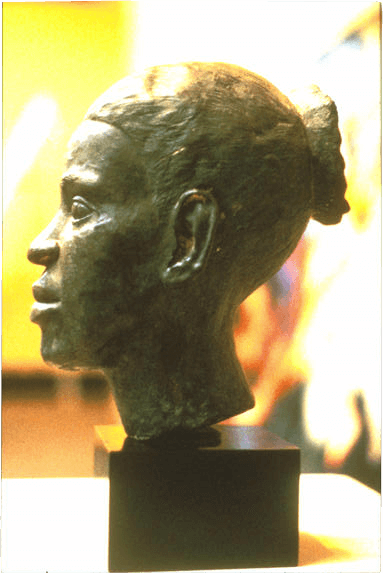I came to England in 1951, just before my 18th birthday. My life in Guyana was pleasant. I was a school girl and had a settled home. We were not rich in any way, but we had a comfortable life. The school I went to was like an English grammar school, and we followed the English curriculum very closely.
Leila Phillips

Guyana was British Guiana at the time. The colony was modelled after Britain, so of course I knew about Britain before I went there.
You applied through the colonial office to go to Britain for nurse’s training. And then they sent you where they felt the need was most. I wanted to be a doctor and I thought I could pursue being a doctor at a later date after nursing, but it didn’t quite work out that way, so I stayed being a nurse.
I trained at the Royal Free Hospital, which was then on Gray’s Inn Road in London. In those days, you were a student nurse for almost four years. You started in Preliminary Training School for about three months and after that, you came back to the main hospital and you were assigned to a ward.
All you did at the time was give bedpans and change the water in the flower vases and that type of thing.
You were at the bottom of the hierarchy, and that was everybody whether you were Black, white, pink or whatever. You knew you were Black and an immigrant but this was something that was secondary to the fact that you were in an environment to learn to do something. And that's what you were supposed to concentrate on.
You worked very hard as a student nurse. But when you’re young, it’s an exciting time. You’re doing other things. You’re seeing a great big city and you’re going out.
I was lucky in a way that I also became an artist’s model. There was a famous Caribbean sculptor called Karl Broodhagen and I sat for him.

© African and Asian Visual Artists Archive
I sat also for Ronald Moody. And it was very exciting because it was the first time that a Black sculptor had had a piece of work exhibited in the Royal Academy.
Eventually I took the state registered nurse examinations and went off to do midwifery. I worked at the Prince of Wales Hospital in Tottenham for quite a while. And I also had a fascinating experience working in industrial nursing at the Ford Motor Company for about eight years.
Due to personal circumstances, I ended up moving to the United States in 1968, and I continued my nursing career in New York City.



